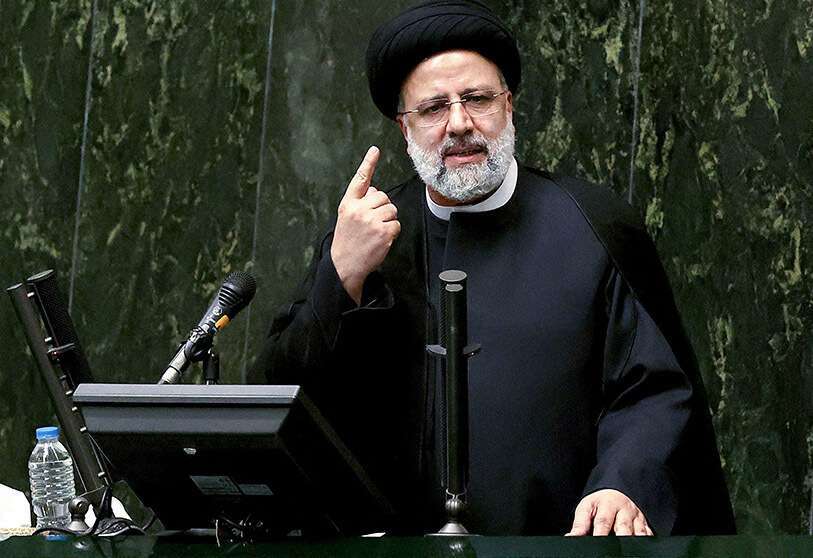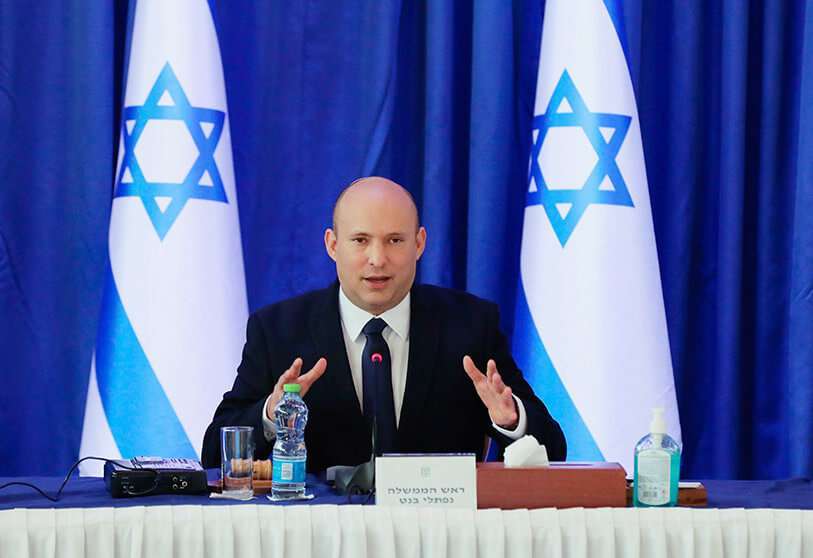Countdown to resumption of nuclear talks with Iran

For months now, the country headed by Ebrahim Raisi has been dithering over the resumption of nuclear talks on a return to the Joint Comprehensive Plan of Action (JCPOA). Some time ago they claimed to be willing to return to the negotiating table, only to weeks later threaten to postpone the date of the talks until November. Throughout that time, the only thing that has been stable in Tehran has been the enrichment of uranium far in excess, not only of what was stipulated in the agreement reached in 2015, but even of the amount reported by the United Nations itself a few weeks ago.

Iranian MP Ahmad Alirezabeigui, after a meeting with Foreign Minister Hossein Amirabdollahian, announced that "talks with the 4+1 Group will resume on Thursday in Brussels". The group to which the parliamentarian refers is composed of all the countries with veto power in the UN Security Council - the United Kingdom, France, China and Russia - except the United States, which is replaced by Germany, hence the +1. For the time being, contacts with Joe Biden's country remain on the sidelines due to the added complexity of the tough sanctions imposed by Washington.
The talks that took place in Vienna earlier this year were little or not at all fruitful. The demands of both sides made it impossible to bring the two sides closer together and they are still far from finding common ground. While Iran is demanding the lifting of sanctions to halt uranium enrichment, the rest of the countries are demanding the prior cessation of enrichment in order to negotiate the reduction of economic sanctions. None of them gave in and the negotiations stalled. It is now hoped that Iran, which has changed government since the last contacts, will be somewhat more flexible and that there will be some room for manoeuvre in order to reach a new agreement.

Since the break-up of the JCPOA at the end of 2018 with the unilateral exit of the United States under the presidency of Donald Trump, Iran's enrichment of uranium has been a constant threat that has grown exponentially in these three years. Moreover, the International Atomic Energy Agency (IAEA) warned of the risk of Iranian nuclear weapons development, which requires uranium enriched to around 90 %. Tehran, which has not respected any of the agreement's clauses since the US left, has already achieved uranium production at 60 % purity.

The JCPOA limited uranium enrichment to 3.67% purity, meaning that since its abandonment, Iran has produced uranium 16 times more enriched than the Joint Comprehensive Plan of Action. But the controversy is not limited to this, as the volume of stockpiles has also been greatly exceeded. The last report published by the IAEA claimed that the Iranians had a stockpile of 20 % enriched uranium amounting to 84 kilos - three months earlier it was 62 - but just a few days ago, Iran's nuclear energy chief, Mohamed Eslami, claimed that they have "more than 120 kilos of 20 % enriched uranium".
Tehran's systematic violation of the JCPOA has not prevented Iran from resorting to it at will. After skirting all the enrichment and stockpile limits stipulated in the agreement, Ebrahim Raisi's side claims that the signatory countries were supposed to provide the 20 per cent uranium needed for its research reactor. They use this argument to justify the more than 120 kilos of reserves they have because, according to Eslami, "if we had not produced it ourselves, this would have become one of our problems".

Criticism from neighbouring countries such as Israel has been harsh in the face of the passivity of some states, which, according to them, are not doing everything in their power to improve the nuclear situation. Israeli Prime Minister Naftali Bennet believes that "the world is waiting, and the Iranians are procrastinating and the centrifuges are spinning", and that, moreover, "the Iranian nuclear programme has reached the most advanced point". What all countries share, whether they will sit at the negotiating table with Iran or not, is that "a nuclear weapon in the hands of an extremist and violent regime like the Iranian regime will change the face of the region".









